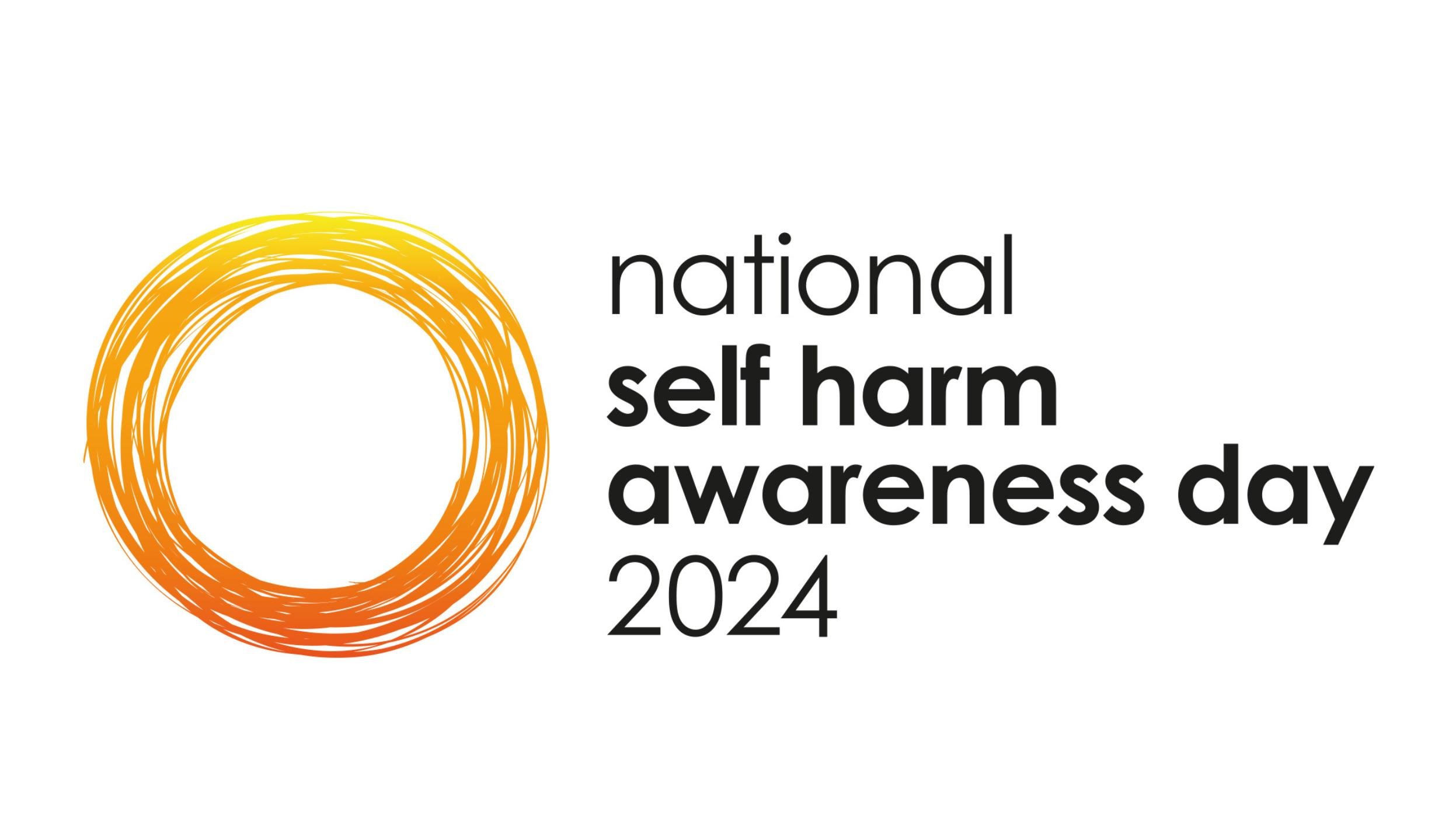Trigger warning: the content on this page explores self-harm. Please read with care.
Self-harm, also called non-suicidal self-injury (NSSI) has been linked to depression and mood disorders - each of which are more common in people with an epilepsy.
Self-harming behaviour can sometimes be associated with suicidal ideation.
Self-harm refers to the intentional act of causing short or long-term harm to our body and can take a variety of forms include, scratching, cutting, biting, picking, hitting, or burning. Some of the most common areas of the body that are harmed are arms, wrists, thighs, head and chest. As well as inflicting an injury or direct harm to yourself, it can include experiencing difficulties with drugs or alcohol, eating disorders or deliberately putting yourself in dangerous situations or taking life-endangering risks.
Self-harm is normally a result of someone trying to cope with overwhelming difficult emotions, memories or situations.
Learn more here.
#SelfHarmAwarenessDay #MentalHealth

